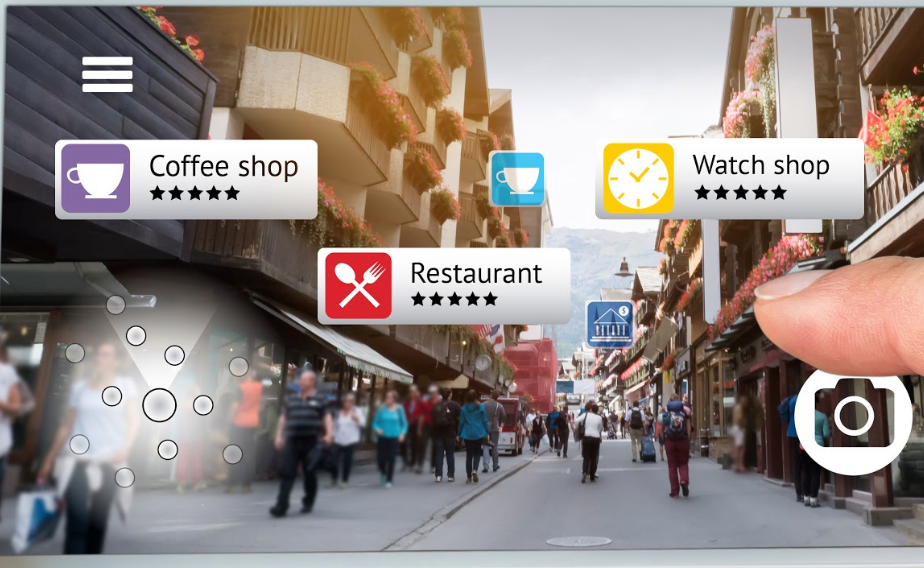Business Listings and why they Matter.
Business Listings are an online collection of important information about a business. They are a freely available and essential tool to help customers find your business online and at your physical location.
Essential Information for a Business Listing.
A simple acronym, "NAP+W", summarizes the required information that should be included in all business listings. NAP+W stands for Name, Address, Phone number, + Website. They are essential information that potential customers will need in order to research, locate, and contact your business. Providing helpful details such as hours of operation, service areas, appointment links, and photos from your business is important to help answer common customer concerns that may be deciding factors in their buying decisions.
Google Business and Bing Places for Business
Google Business(https://www.google.com/business/)and Bing Places for Business (https://www.bingplaces.com/) are the most essential listings to have, as these two combined provide listings data for nearly all other listings sites. You may have heard that your business needs to be listed across hundreds of listings sites, and that you have to pay ridiculous amounts of money to services that list you on them. While the former is partly true, the latter is a deceptive ploy by unscrupulous SEO scammers. Simply creating free listings on Google Business and Bing Places for Business provides your listing data to all major listings and review sites automatically, and at no charge. Even better, once you create or claim a Google listing, you can sync the data directly to Bing.
A caveat regarding Google Business Listings.
Once you create or claim your listing, don't be surprised if you start receiving calls purporting to be from Google, or to be about your Google listing. These callers generally say something like "Your listing is inactive" or that it is "unverified". Google does not directly contact business owners via phone calls or texts, so if you get these calls, ignore them, and consider marking them as spam to help combat these types of scams. If Google needs to contact you, they will reach out via email. The only exception to this is a single automated call or text from Google with your verification code when initially verifying your ownership of the business and only if you chose that method of verification. It is possible that there are similar scams around Bing Places for Business, though I do not have any firsthand experience with them. Suffice it to say that Bing also does not directly contact business owners via phone or text, so treat any such contact as a scam.
Make your Listings Work for You.
Your Business Listings' effectiveness depends on the availability and accuracy of listings. What I mean by this is that there are a variety of sources for business listings including search engines, directories, maps, and social media sites. When it comes to business listings, more is better. Your presence on as many sources as possible will cover the most common avenues for customers to find you, but remember that your information should be uniform across all sources. Be sure that you provide the same accurate information across all listings including using the same formatting (i.e., your website should not be "somesite.com" on one some listings, but "www.somesite.com" or "somesite.org" on others - even if all of those point to your website).
Accuracy in Business Listings is Critical.
Listings are free advertising with unlimited potential reach for your business. Accurate and readily available listings assure that customers are able to find your locations while you're open for business. However, missing or incorrect information can lead to customers lacking confidence in your brand, and choosing a competitor's product or service.
Claiming What's Already Yours
Unless you are starting a brand new business, chances are that some listings for your business already exist, and this is especially true if you have created social media pages or websites. As you have already learned, Google and Bing Listings provide the data for nearly all other business listing and review sites, with Bing now gathering much of its own data from Google.
Add/Claim your Business on Google Business and Bing Places for Business
Head on over to https://www.google.com/business/ to setup your free listing. To use an existing Google Account, choose to "Sign In". Otherwise "Manage Now". Follow the prompts.
Now that you are signed in/up, click on the "Add Business" item at https://business.google.com/locations and choose to "Add single business". Enter your Legal Business Name. If there is an existing listing for your business, Google will display it, and you will choose it. If not, create a new listing by following the prompts. You will be required to verify your ownership of the business using your choice of a variety of options. By far, the simplest method is to use the phone number already listed for your business to receive a call with your verification code. In the rare case that you do not have access to the listed phone,(i.e., your phone number has changed) you will have to use the address verification method which simply means you have to wait for a code to be sent to you via USPS.
Once you have verified your ownership, Google will create and publish your listing. At this point head over to https://www.bingplaces.com/ where you will follow very similar steps to create or sign in to an existing account. Once signed in/up, you will simply choose to import the data from Google My Business and sign in to the relevant account to start syncing.
Search for and Claim other Listings/Pages for your Business
If your business already had a Google listing, there most likely are other listings for you, which you should claim where possible. Even if you have just created a new Google Listing using this guide, you should simply search your favorite search engine for your legal business name, and follow any listings links where you will look for an option to "claim this business". Some important listings to specifically search for are, Yelp (https://yelp.com), CitySearch (https://citysearch.com), Yellow Pages (yp.com), and Facebook (https://facebook.com), as these popular platforms are very likely to already have your listings submitted via their users. Once you have created or claimed as many of these listings as you can you simply need to wait for your listings to appear automagically all across the web from your new/claimed Listings.

